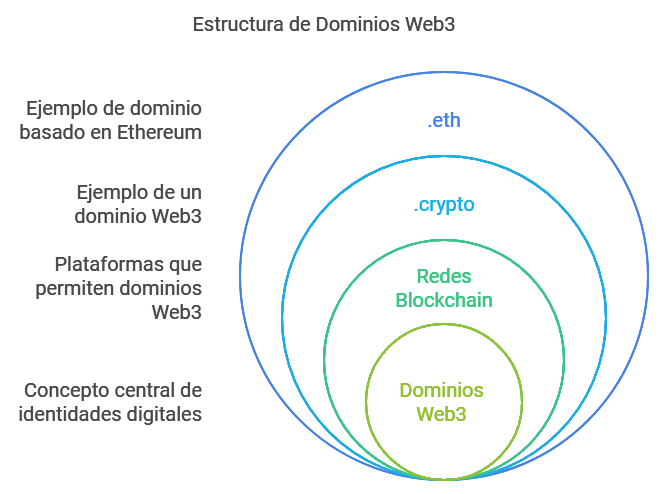What Are Web 3 Domains?
Web 3 domains, also known as decentralized domains or blockchain domains, are a relatively new concept in the world of the internet. These domains utilize blockchain technology to provide increased security, privacy, and control for users. Traditional domain names are stored and controlled by centralized authorities, such as ICANN or domain registrars, but web 3 domains operate on a decentralized system, giving users more autonomy over their online presence.
Web 3 domains are built on blockchain technology, which allows for decentralized control and ownership of the domain. This means that users have the ability to fully own and manage their domain without the risk of censorship or domain seizure by external entities. Blockchain domains are also immutable, meaning that they cannot be altered or taken down by anyone other than the owner.
One of the key features of web 3 domains is the use of cryptocurrency for domain registration and management. Users can purchase and manage their domains using cryptocurrencies like Bitcoin or Ethereum, adding an extra layer of security and privacy to the process. This also eliminates the need for traditional payment methods, such as credit cards, which can be susceptible to fraud and chargebacks.
Another benefit of web 3 domains is the ability to create decentralized websites that are resistant to censorship and control. Since the domain is stored on the blockchain, it is virtually impossible for third parties to interfere with the content or take down the website. This is particularly beneficial for individuals or organizations operating in countries with strict internet regulations or censorship.
How Do Web 3 Domains Work?
Web 3 domains operate on blockchain technology, which is a distributed ledger that records all domain transactions and ownership changes. When a user purchases a web 3 domain, it is recorded on the blockchain, giving them full ownership and control over the domain. This ownership is verified through cryptographic keys, which are used to manage the domain and make changes to the content.
Blockchain domains use smart contracts to facilitate domain transactions and ownership transfers. Smart contracts are self-executing contracts with the terms of the agreement directly written into code. This eliminates the need for intermediaries, such as domain registrars, and ensures that transactions are secure and transparent. Smart contracts also automate the domain management process, making it easier for users to maintain control over their domains.
Web 3 domains also use decentralized domain name systems (DNS) to map domain names to IP addresses. Traditional DNS systems are centralized and controlled by central authorities, which can lead to censorship and tampering. Decentralized DNS systems, on the other hand, are distributed across a network of servers, making them more secure and resistant to censorship.
Overall, web 3 domains offer a new and innovative way for users to manage their online presence securely and privately. By leveraging blockchain technology and cryptocurrency, users can have full control over their domains and create websites that are resistant to censorship and control. As the internet evolves, web 3 domains are likely to play an increasingly important role in ensuring a free and open internet for all.
